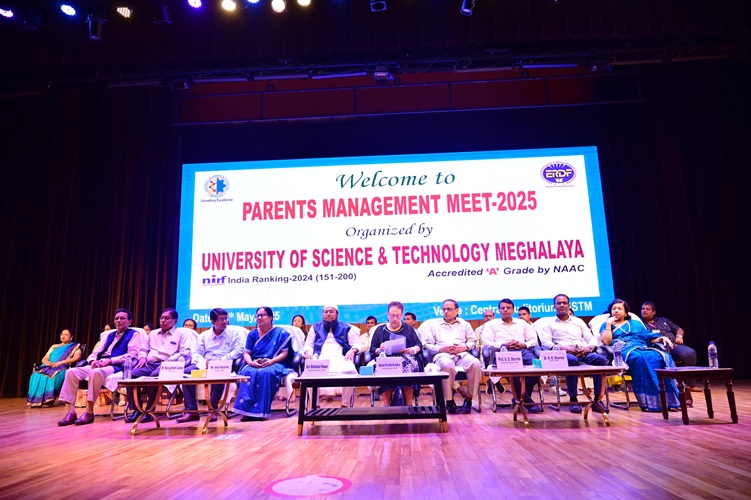 United Nations, (IANS) : Transparency and civic participation in decision-making are vital for democracy, the economy and sustainable development, government and civil society leaders said on Tuesday as they celebrated the fifth anniversary of the Open Government Partnership (OGP) here.
United Nations, (IANS) : Transparency and civic participation in decision-making are vital for democracy, the economy and sustainable development, government and civil society leaders said on Tuesday as they celebrated the fifth anniversary of the Open Government Partnership (OGP) here.
“Democracy has become quite fragile, quite vulnerable,” French President Francois Hollande said. “The real peril (to democracy) is indifference, and that happens when decisions are made without the people.
“Make sure that democracy is the most open, the most concrete, the most shared possible so that it may once again become a hope for many people,” he said.
Hollande, who is the incoming co-chair of OGP, emphasised the far-reaching impact that openness in government has on society.
“Transparency should also be a part of the economic domain,” he said. “Those of us who make decisions have to realise what we are doing economically to other people. So transparency is an indispensable condition of democracy.”
South African President Jacob Zuma said OPG membership had grown from eight founding members to 70 over five years and it was a testament to the success of the organisation and its growing importance in propagating transparency in governments around the world.
Zuma is completing his term as OGP’s co-chair.
OGP is an international initiative to bring together governments and civil society organisations to promote open governance.
Participating countries have to endorse the Open Government Declaration, provide action plans developed with public consultation, and agree to their independent monitoring implementation.
India is not a member of OGP.
Manish Bapna, the other incoming co-chair, recalled his visits to Udaipur over the years and the environmental degradation of the city and its iconic lake that he saw.
“The problem was not the desire of city leaders to create jobs or promote growth,” he said.
“It was the failure of the leaders to engage with ordinary citizens. I came to realise that development efforts that didn’t truly involve the ordinary people were likely to fail.”
He said the open government and environment movements can intersect to make a difference to people.
“Eighty percent of cities exceed WHO (World Health Orgnisation) standards of air pollution with staggering impact on human health,” he said.
“But with more monitoring and transparency of air pollution data, citizens are empowered to demand changes in how energy is produced, factories are sited, how people move around.”
OGP’s CEO Sanjay Pradhan stressed the role of civil society organisations in ensuring transparency in government.
“Civil society amplifies the voice of the voiceless citizens that governments can respond to,” he said.
“Civic space that is shrinking and under attack in many countries,” he said, calling on heads of government and civil society leaders and partners to protect and enhance it.
Deeper citizen participation in policy-making through mobilising citizen feedback using digital technology platforms on health, education and the quality of services are important for ensuring that governments respond to the concerns of ordinary citizens, he said.
Several government leaders spoke of the initiatives their countries have undertaken.
Romanian Prime Minister Daclan Ciolos said that surveys of and feedbacks from citizens led to the realisation that reducing the size of the government and cutting down the layers of administration led to increased efficiency.
Bucharest had introduced transparency in government budgets by making it mandatory for all departments to publicly disclose every month how they spent the money.
Indonesian Vice President Jusuf Kalla said that openess in government can improve the economy, while also curbing corruption.
Former New Zealand Prime Minister Helen Clark, who is the head of the UN Development Programme, said the open government initiative meshed with ensuring peace and justice and building strong institutions, which was one of the Sustainable Development Goals adopted by world leaders at last year’s summit.
Slovakian President Andrej Kiska said that in the wake of the Panama Papers disclosures about hidden assets and business ownership, his country had created a national registry of beneficial owners to tackle the problem of shell companies.
Georgian Prime Minister Giorgi Kvirikasvili said his government had set up an open forum to for citizens to push for reforms.
His country had opened its national archives while neighbouring Armenia had given the public access to Soviet era secret documents, he said.





0 Comments